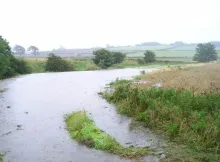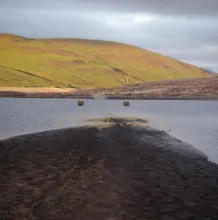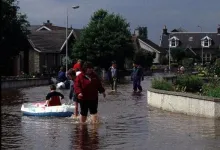Fats, Oils and Greases
There are approximately 200,000 sewer blockages throughout the UK every year. It is estimated around 75% are caused by FOG (Mills, 2010). Problems caused by FOG in the sewer system not only affect the performance of the sewer system and waste water treatment works (WWTW) but may also reduce asset life and increase maintenance costs. This will have an economic impact on the responsible water authorities and will ultimately be reflected in increased prices for customers.






